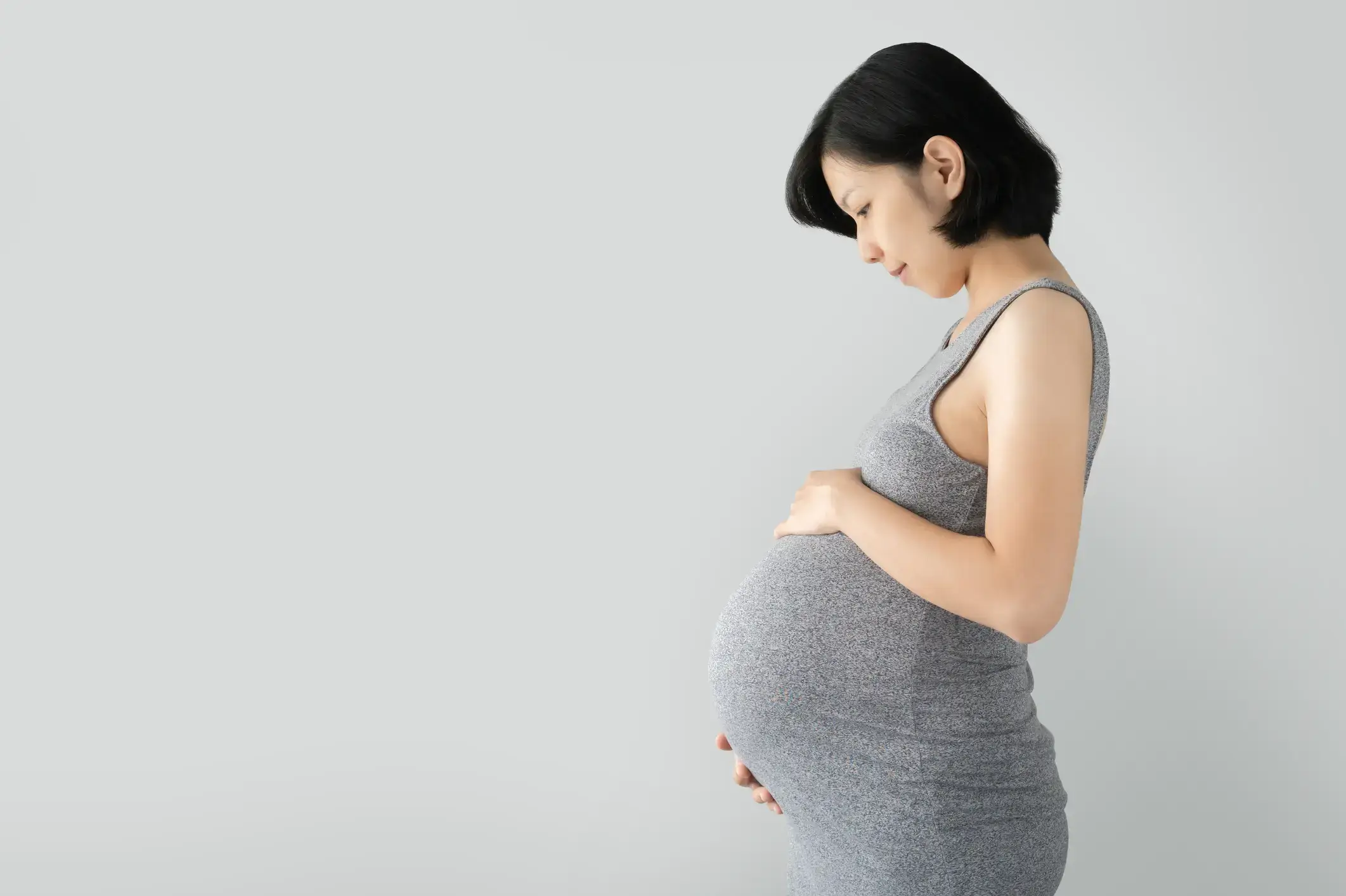4 mins read
Prenatal Depression: Symptoms, Causes and Treatment

As one of the most joyous occasions in life, pregnancy should be a time filled with excitement, anticipation, and happiness. But what happens when this isn’t the case? When pregnancy is plagued with feelings of sadness, hopelessness, and despair, it’s likely that prenatal depression has set in. In this article, we’ll explore what prenatal depression is, its symptoms, and how to cope with it.
What is Prenatal Depression?
Prenatal depression, also known as antenatal depression, is a type of depression that affects pregnant women. It is a mental health condition that can start at any point during pregnancy and usually lasts until you give birth. Prenatal depression can cause profound sadness, anxiety, and difficulty coping with everyday life.
It is estimated that around 1 in 10 women experience prenatal depression during their pregnancy[1]. This is a significant number of women who are struggling with their mental health during what should be a happy and exciting time in their lives.
There are many factors that can contribute to the development of prenatal depression. Hormonal changes, genetics, and a history of depression or anxiety are just a few examples. Additionally, pregnancy can be a time of significant stress and change, which can also contribute to depression.
It’s important for women who are experiencing symptoms of prenatal depression to seek help from a healthcare professional. Treatment options include therapy, medication, or a combination of both. With the right treatment, women can manage their symptoms and have a happier pregnancy.
Symptoms of Prenatal Depression
There are several symptoms associated with prenatal depression[2], including:
- Feelings of sadness and hopelessness that don’t go away
- Loss of interest in activities that were once enjoyable
- Changes in appetite and sleep patterns
- Difficulty concentrating or making decisions
- Feeling guilty, worthless, or helpless
- Thoughts of self-harm or suicide
It’s important for loved ones to be aware of the signs and symptoms of prenatal depression. If you or someone you know is experiencing these symptoms, it is important to seek help right away.
How to Manage Symptoms of Prenatal Depression
There are several ways you can manage your symptoms. Exercise during pregnancy, for example, has been shown to be an effective way to alleviate symptoms of depression, as well as other pregnancy related symptoms. Taking a walk or doing some light yoga can help to boost your mood and reduce feelings of sadness and hopelessness.
Another important aspect of managing prenatal depression is to make sure that you are getting enough rest. Sleep is essential for both physical and mental health, and getting enough rest can help to reduce feelings of fatigue and exhaustion that can contribute to depression.
It’s also important to maintain a healthy and balanced diet during pregnancy. Eating a variety of nutrient-rich foods can help to support your physical and mental health and reduce the risk of developing depression.
If you’re struggling with prenatal depression, it’s important to remember that you’re not alone. There are many resources available to help you manage your symptoms and get the support you need. With the right treatment and support, it’ is possible to overcome prenatal depression and enjoy a healthy and happy pregnancy.
Writing in a journal can also be a helpful way to express your feelings and emotions. It can be a safe space to explore your thoughts and feelings without fear of judgement. You can also use your journal to track your progress and celebrate your successes.
Remember, healing takes time, and everyone has different needs. Be patient with yourself and take things one day at a time. With the right support and strategies, you can manage your symptoms and enjoy a healthy, happy pregnancy.
Treating Prenatal Depression with Therapy and Medication
If you are struggling to cope with prenatal depression, you may need professional help. There are several treatment options available, including therapy and medication.
One type of therapy that has been shown to be effective is cognitive-behavioural therapy (CBT). CBT involves working with a therapist to identify negative thoughts and behaviours and replace them with positive ones.
Antidepressants are also an option. Medication can help to improve symptoms in some women, but it’s essential to speak with a healthcare professional before starting any medication.
Diagnosing Prenatal Depression
If you suspect that you may have prenatal depression, it’s essential to seek help from a healthcare professional. Your GP or midwife will ask you questions and may refer you to a mental health specialist.
- Health scores calculated
Close
This information has been medically written by Dr Thom Phillips
Thom works in NHS general practice and has a decade of experience working in both male and female elite sport. He has a background in exercise physiology and has published research into fatigue biomarkers.

Dr Thom Phillips
Head of Clinical Services
Related articles
Like this article? Here are some more based on similar topics.





